With the recent winter weather advisories, there are a few things you should be aware of concerning your home's structure and how it responds to ice, sleet, and snow. We all know to check for damage when we've had hail, but Dr. Roof has some important tips for you when it comes to keeping your home safe from ice dams, wind, and other winter weather.
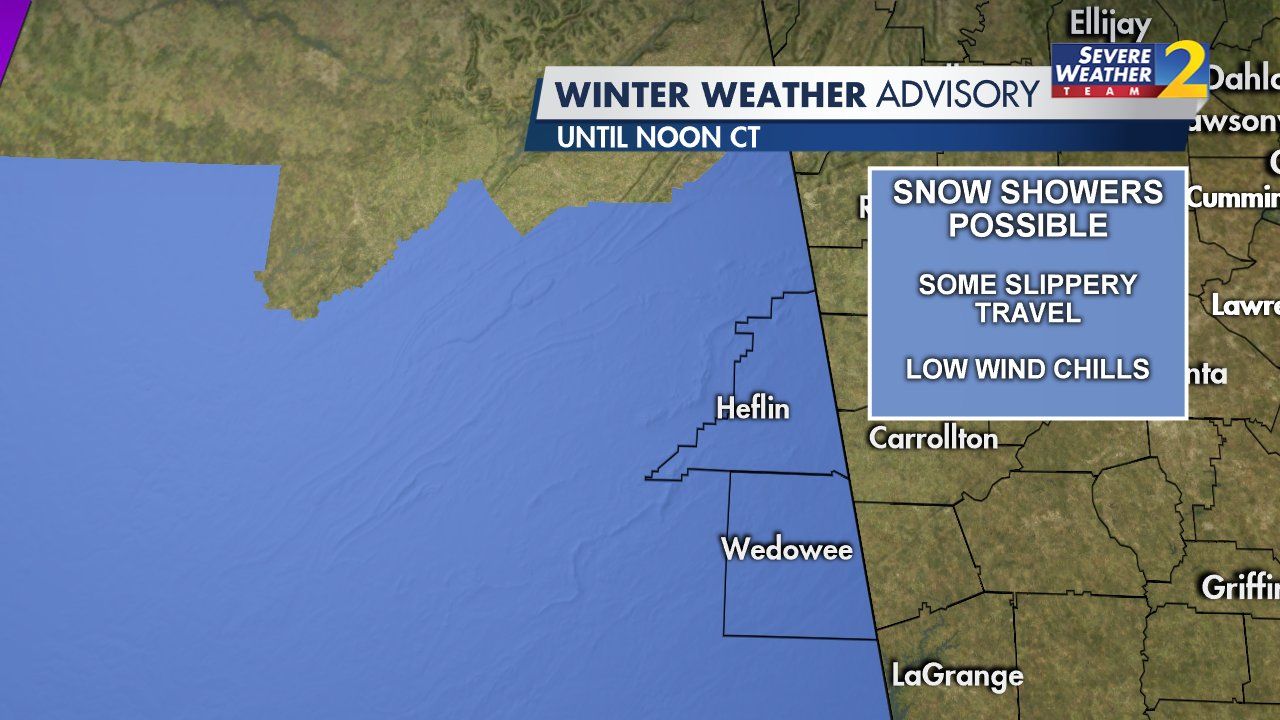
Freezing temperatures from mounting winter blasts have brought snow and "ice damming" to Atlanta area homes. Ice buildup on your roof's edges can lead to "ice damming," which can allow water (specifically the drippings from melted snow or ice) to enter your home. To create a visual—have you ever left a bottle in the freezer too long and learned the hard way that expanding ice will burst out of its container? The same is true for snow and ice on your roof. It can melt, drip down, and then freeze and expand when the temps dip, creating an "ice dam" that backs ice up and under parts of your roof. This expansion upward and underneath your shingles and its sheer force can rip apart portions of your roof that haven't been properly installed or sealed. It can also allow water to find a way into your home through a route that traditional rain water doesn't travel.
Preventing Damage From Winter Weather
Start by tracking down any air or heat leaks from your living areas into the attic. These leaks can be caused by anything from poor insulation to improperly sealed light fixtures. Other places to check are attic access hatches, skylight chases, and alongside chimneys.
While there's no way to eliminate every single leak, proper attic insulation and ventilation will help vent out any heat that does make its way into the attic. But if you still encounter issues with ice dams even after addressing leaks, insulation, and ventilation, then it usually comes down to the shape and directionality of your roof. At this point, it is usually necessary to use heat to melt the ice on the roof and evaporate the water that pools behind the ice dams — this is a job best left to a professional because it requires industrial equipment.
It's not common, but it is good practice to check the attic for damage after a storm. Water or condensation buildup in the attic often goes undetected until it escalates into a larger problem.
Our crews are on alert and will work hard to respond to your repair requests in a timely and efficient manner now and year-round. If you're concerned about the recent winter weather, give us a call at (770) 552-7663 to schedule a free, no-obligation inspection. We will provide a first, second, or third opinion so you can make the most informed decision for your home.
Subscribe to Dr. Roof's Blog


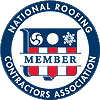
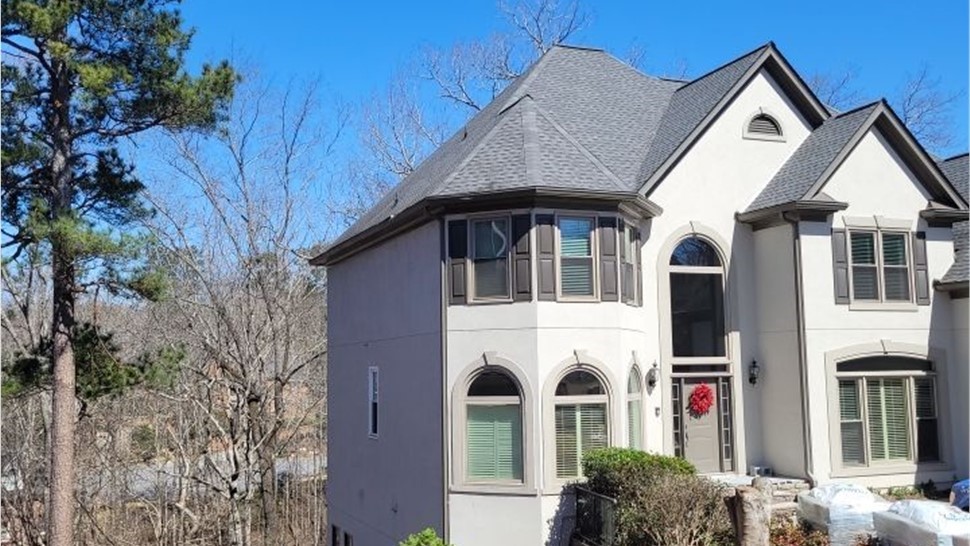
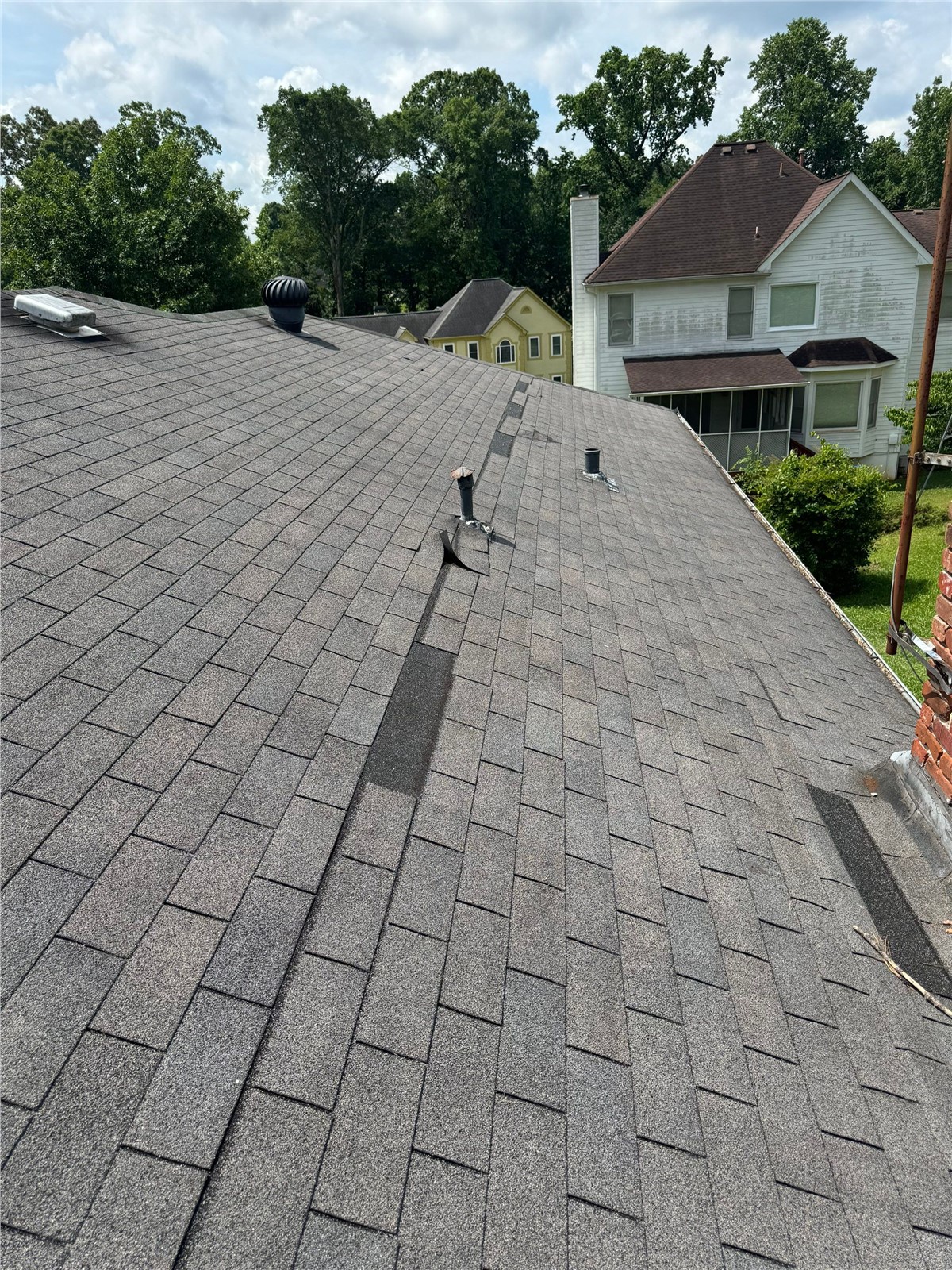
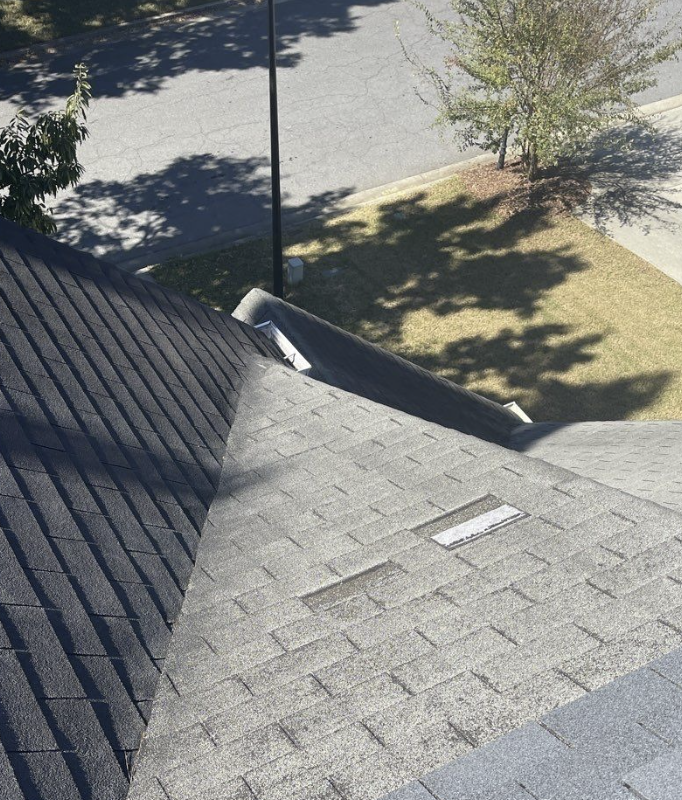
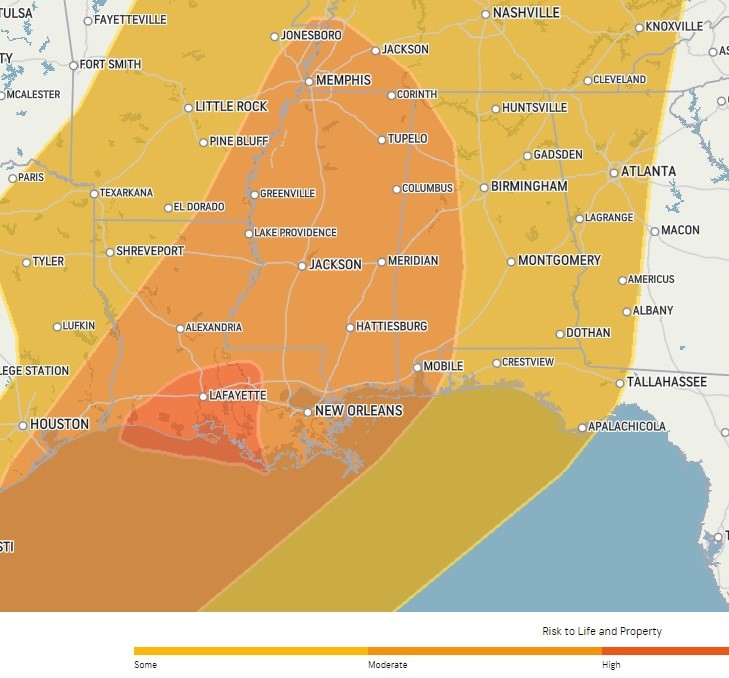

Comments